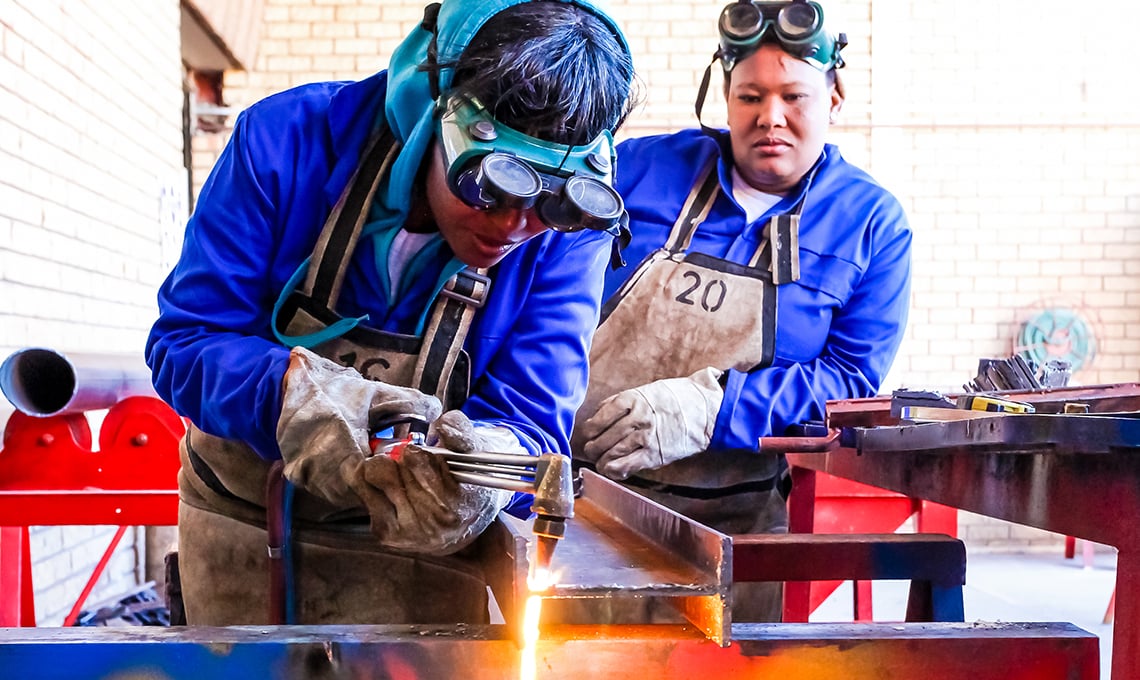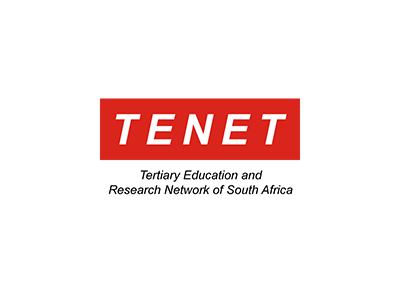South African Technical and Vocational Education and Training (TVET) colleges have received a broadband boost, which will improve the learning experience for many students across the nation. This follows non-profit organisation SABEN (South African Broadband Education Networks)’s earlier bump up of the bandwidth for the colleges from 10 Mbps to 200 Mbps.
SABEN, a wholly owned subsidiary of national research and education network TENET, has connected 256 of 283 targeted TVET college campuses from 48 TVET colleges to the South African National Research and Education Network (SANREN). The SABEN solution helps to bridge the digital divide for students wishing to access vocation education and provides the scalability to meet the needs of TVET colleges into the future.
The need for faster broadband has become paramount since the COVID-19 pandemic began, as more students had to learn remotely, explains Helga Watkin, project lead at SABEN:
“High-speed internet connectivity is critical for teaching and learning. The rollout has enabled the colleges to get more bandwidth and, in some cases, save thousands of rands each month. Many of the TVET colleges serve students in poorer, marginalised communities who face numerous social and learning challenges. COVID-19 lockdowns accelerated the need for connectivity.”
Standardisation is key
Desperate for immediate solutions, some colleges independently approached commercial connectivity service providers as the lockdowns were introduced.
“They were charged well in excess of what it costs for SABEN to meet their current and future needs. Those shifting to the SANREN solution are the ones that see the greatest savings,” Helga Watkin adds.
SABEN accessed grant funds form the National Skills Fund via the Department of Higher Education and Training to provide the broadband connections and campus WiFi based internet access backhauled via the SANREN operated by the Council for Scientific and Industrial Research. It also provides ongoing maintenance and support services to the TVET colleges in some of the remotest parts of South Africa.
The solution builds upon FortiGate devices from NEC XON. The devices provide application-centric, scalable, and secure SD-WAN with next generation firewall capabilities. It was key for SABEN to standardise on these appliances throughout the network.
“Standardisation makes it easier to support and applies a level of future proofing for unconstrained future expansion. The next-generation firewall capabilities reduce complexity and maximise return on investment with integrated threat protection in one, high-performance appliance,” says Anthony Laing, GM of networking at NEC XON.
Lifting students in rural areas
The new solution will make a large difference to colleges and students across the nation, according to Helga Watkin of SABEN:
“Particularly students in rural South Africa could not normally access this level of infrastructure. Now with 200 Mbps lines connecting the campuses, they have improved access to learning. The colleges can operate more effectively, there are fewer technology-based learning disruptions, lecturers have adequate bandwidth for their applications, and there is wider access to learning and teaching materials. The net result is that we are reversing the negative impacts of bandwidth poverty.”
Image credit: Vocation skills and training centre Africa/Sunshine Seeds








